Microsoft-Activision Deal: FTC Files Appeal Against Court Ruling

Table of Contents
The FTC's Initial Lawsuit and its Arguments
The FTC's original lawsuit against the Microsoft-Activision deal centered on concerns about the potential for anti-competitive practices. The commission argued that the merger would give Microsoft an unfair advantage in the gaming market, harming consumers in the long run.
-
Concerns about reduced competition in the gaming console market (especially Xbox): The FTC argued that Microsoft, already a significant player with its Xbox console, acquiring Activision Blizzard – a company with immensely popular franchises like Call of Duty, Candy Crush, and World of Warcraft – would substantially lessen competition, giving Xbox an unfair edge over competitors like PlayStation and Nintendo. This could lead to a less diverse and innovative gaming market.
-
Anti-competitive practices related to Call of Duty exclusivity: A major point of contention was the potential for Microsoft to make Call of Duty exclusive to Xbox consoles, or at least to make it significantly less available on PlayStation. The FTC argued this would harm PlayStation users and ultimately limit consumer choice.
-
Potential harm to consumers through higher prices and fewer choices: The FTC predicted that reduced competition could lead to higher prices for games, subscription services, and potentially even game consoles themselves. Less competition often translates to fewer innovative titles and less consumer choice.
-
FTC's focus on preserving a competitive gaming marketplace: The overarching goal of the FTC's lawsuit was to maintain a competitive landscape in the gaming industry, preventing the creation of a gaming giant with excessive market power.
The judge's reasoning for dismissing the initial lawsuit rested largely on the FTC's failure to provide sufficient evidence demonstrating that the merger would substantially lessen competition. The judge believed the FTC hadn’t shown clear and convincing proof of harm to consumers.
The FTC's Appeal: Grounds and Expectations
The FTC's appeal challenges the judge's decision on several grounds. The commission believes that the court made legal errors in its assessment of the evidence and that the judge misapplied antitrust law.
-
Legal errors in the original court ruling: The appeal will likely focus on specific points of law that the FTC believes were misinterpreted or misapplied by the court during the initial proceedings.
-
New evidence or arguments not presented initially: The FTC may present new evidence or refine existing arguments in its appeal, leveraging additional data and expert testimony.
-
Emphasis on the potential for long-term market harm: The appeal is expected to reiterate and strengthen the argument that the Microsoft-Activision deal poses a significant risk of long-term harm to the gaming market and consumers.
-
Seeking to overturn the judge's decision: The ultimate goal of the appeal is to overturn the judge’s decision and block the Microsoft-Activision merger completely.
The timeline for the appeal process is uncertain, but it could take several months, or even longer, before a ruling is issued by the appellate court.
Impact on the Gaming Industry and Consumers
The outcome of the FTC's appeal will have significant implications for the gaming industry and consumers.
-
Effect on game prices and availability: If the appeal is successful, it could potentially lead to lower prices and increased availability of games due to continued competition in the market. Conversely, if the merger goes through, there's a risk of price increases and limited access to certain titles.
-
Future of Call of Duty and other Activision Blizzard franchises: The fate of Call of Duty and other Activision Blizzard franchises will be significantly impacted by the appeal’s outcome. Continued availability across multiple platforms is likely to be a key factor in the judge's deliberations.
-
Influence on future mergers and acquisitions in the gaming sector: The success or failure of the FTC's appeal will set a precedent for future mergers and acquisitions in the gaming industry. A successful appeal could significantly increase the scrutiny of future deals.
-
Potential impact on competition between Xbox, PlayStation, and Nintendo: The appeal's outcome will significantly influence the competitive landscape between the major gaming platforms. A blocked merger would maintain the status quo, while a successful merger could potentially shift the balance of power.
For consumers, the main concern is the potential impact on game prices, accessibility, and overall choice. A competitive market benefits consumers by driving innovation, lower prices, and broader access to games.
Microsoft's Response to the Appeal
Microsoft has maintained its commitment to the acquisition and has consistently argued that the merger will benefit consumers through increased innovation and improved gaming experiences. Their response to the FTC's appeal will likely reiterate these points.
-
Microsoft's continued commitment to the acquisition: Microsoft is expected to vigorously defend its position in court and continue to pursue the acquisition.
-
Microsoft's arguments supporting the merger: Microsoft's arguments will likely center around the benefits of the merger to gamers, such as increased investment in game development and potential for cross-platform gaming.
-
Microsoft's plans regarding Call of Duty: Microsoft has repeatedly pledged to keep Call of Duty on PlayStation, aiming to address the FTC's concerns about exclusivity. This will likely continue to be a core element of their defense.
Conclusion
The FTC's appeal against the Microsoft-Activision deal marks a crucial turning point in the ongoing battle over the future of the gaming industry. The appeal's outcome will have significant consequences for competition, game prices, and consumer choice. The potential for long-term market harm, as argued by the FTC, is a central concern. Both the FTC and Microsoft will present compelling arguments focusing on the potential benefits and drawbacks of the merger, making the upcoming court decision highly anticipated.
Stay updated on the developments of the Microsoft-Activision Deal appeal as it unfolds, and continue to follow the crucial discussions regarding the future of the gaming market and antitrust regulations. This ongoing legal battle will significantly shape the future of gaming, so staying informed about the Microsoft-Activision Deal is essential.

Featured Posts
-
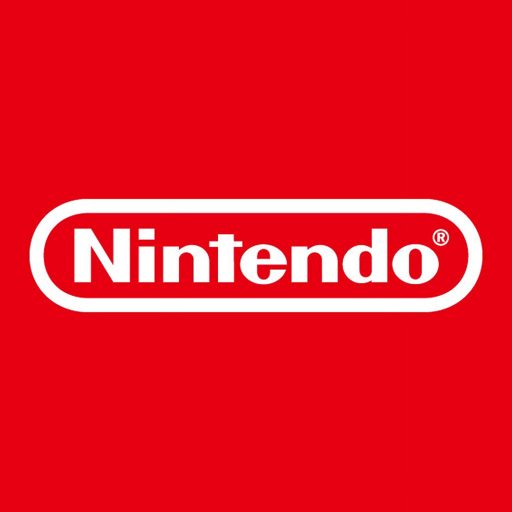 Nintendo Switch 2 Preorders Initial Chaos And Subsequent Improvements
Apr 25, 2025
Nintendo Switch 2 Preorders Initial Chaos And Subsequent Improvements
Apr 25, 2025 -
 This New Crime Drama Is So Stressful Viewers Cant Look Away
Apr 25, 2025
This New Crime Drama Is So Stressful Viewers Cant Look Away
Apr 25, 2025 -
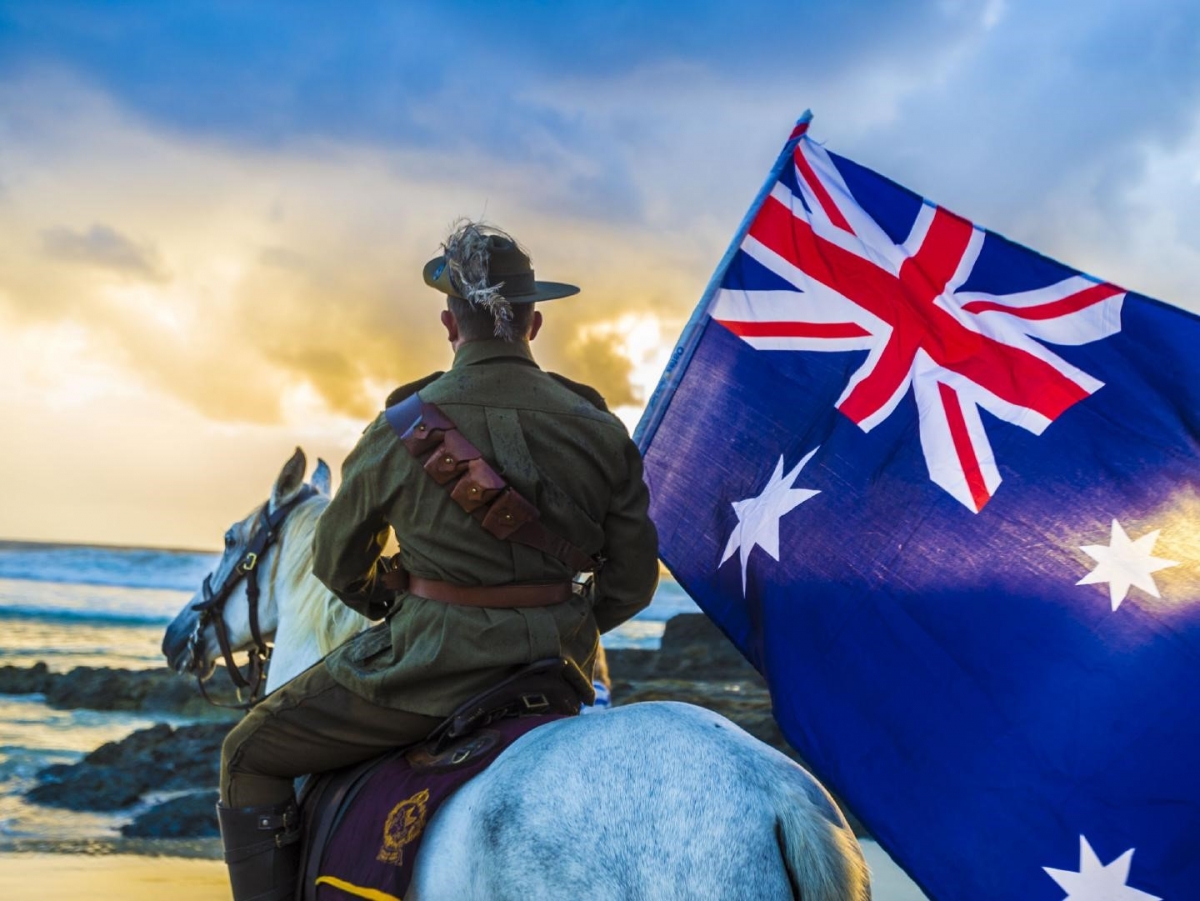 Veterans Warning Anzac Day Ignored National Identity At Risk
Apr 25, 2025
Veterans Warning Anzac Day Ignored National Identity At Risk
Apr 25, 2025 -
 Espn Mock Draft Predicts A Winning Pick For The Denver Broncos
Apr 25, 2025
Espn Mock Draft Predicts A Winning Pick For The Denver Broncos
Apr 25, 2025 -
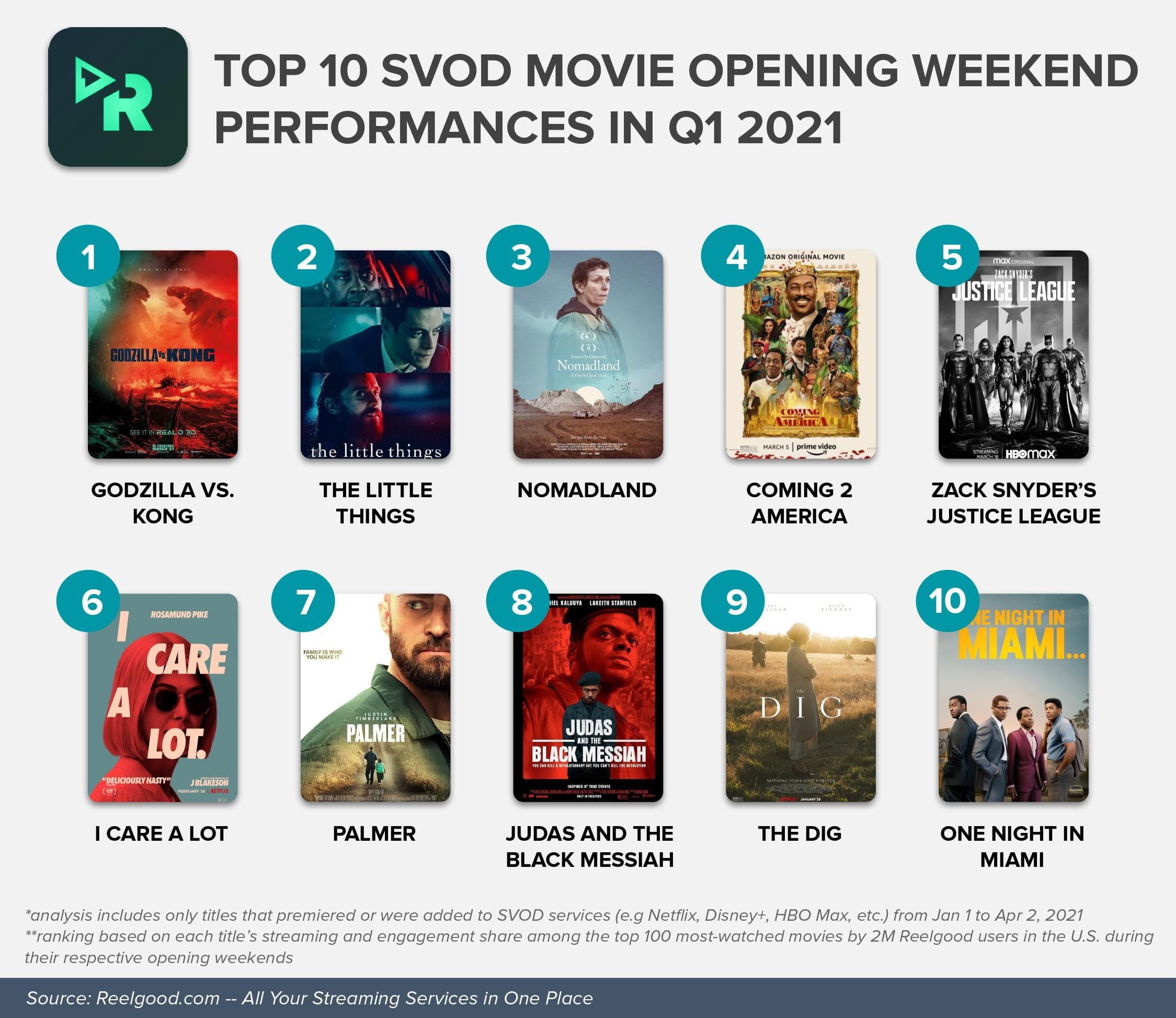 Godzilla Vs Kong Sequel Adds Jack O Connell
Apr 25, 2025
Godzilla Vs Kong Sequel Adds Jack O Connell
Apr 25, 2025
Latest Posts
-
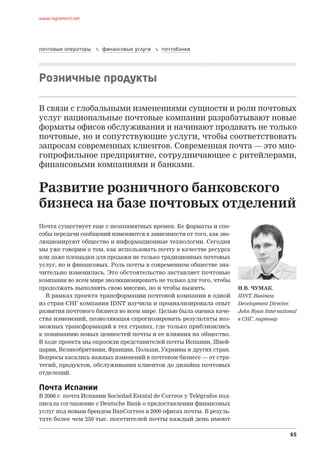 Soglashenie Frantsii I Polshi Chto Oznachaet Noviy Oboronniy Soyuz Dlya Nato
May 10, 2025
Soglashenie Frantsii I Polshi Chto Oznachaet Noviy Oboronniy Soyuz Dlya Nato
May 10, 2025 -
 Oboronnoe Soglashenie Makrona I Tuska 9 Maya Chto Ozhidat
May 10, 2025
Oboronnoe Soglashenie Makrona I Tuska 9 Maya Chto Ozhidat
May 10, 2025 -
 Otsutstvie Soyuznikov V Kieve 9 Maya Prichiny I Posledstviya
May 10, 2025
Otsutstvie Soyuznikov V Kieve 9 Maya Prichiny I Posledstviya
May 10, 2025 -
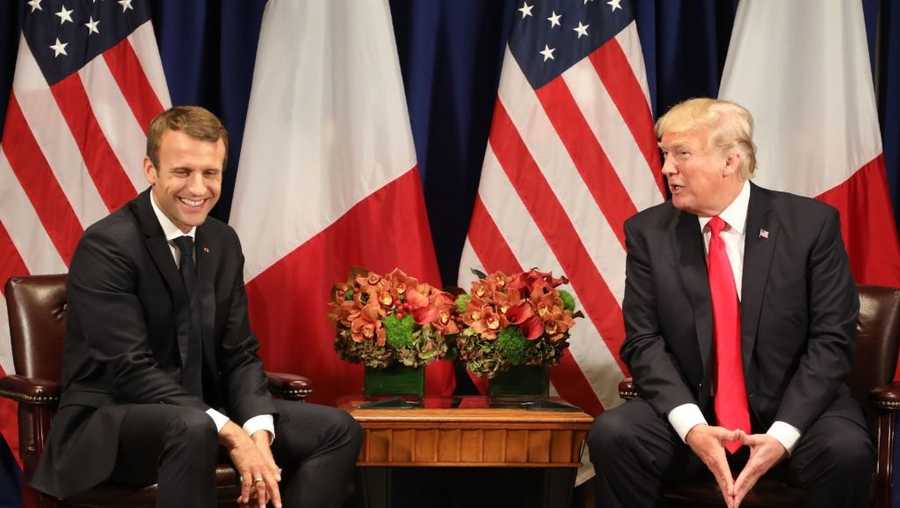 Macron Confirms France And Poland To Sign Friendship Treaty Next Month
May 10, 2025
Macron Confirms France And Poland To Sign Friendship Treaty Next Month
May 10, 2025 -
 Vizit V Kiev 9 Maya Makron Starmer Merts I Tusk Predpochli Ostatsya Doma
May 10, 2025
Vizit V Kiev 9 Maya Makron Starmer Merts I Tusk Predpochli Ostatsya Doma
May 10, 2025
